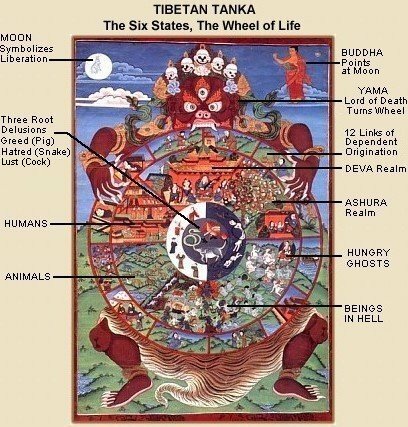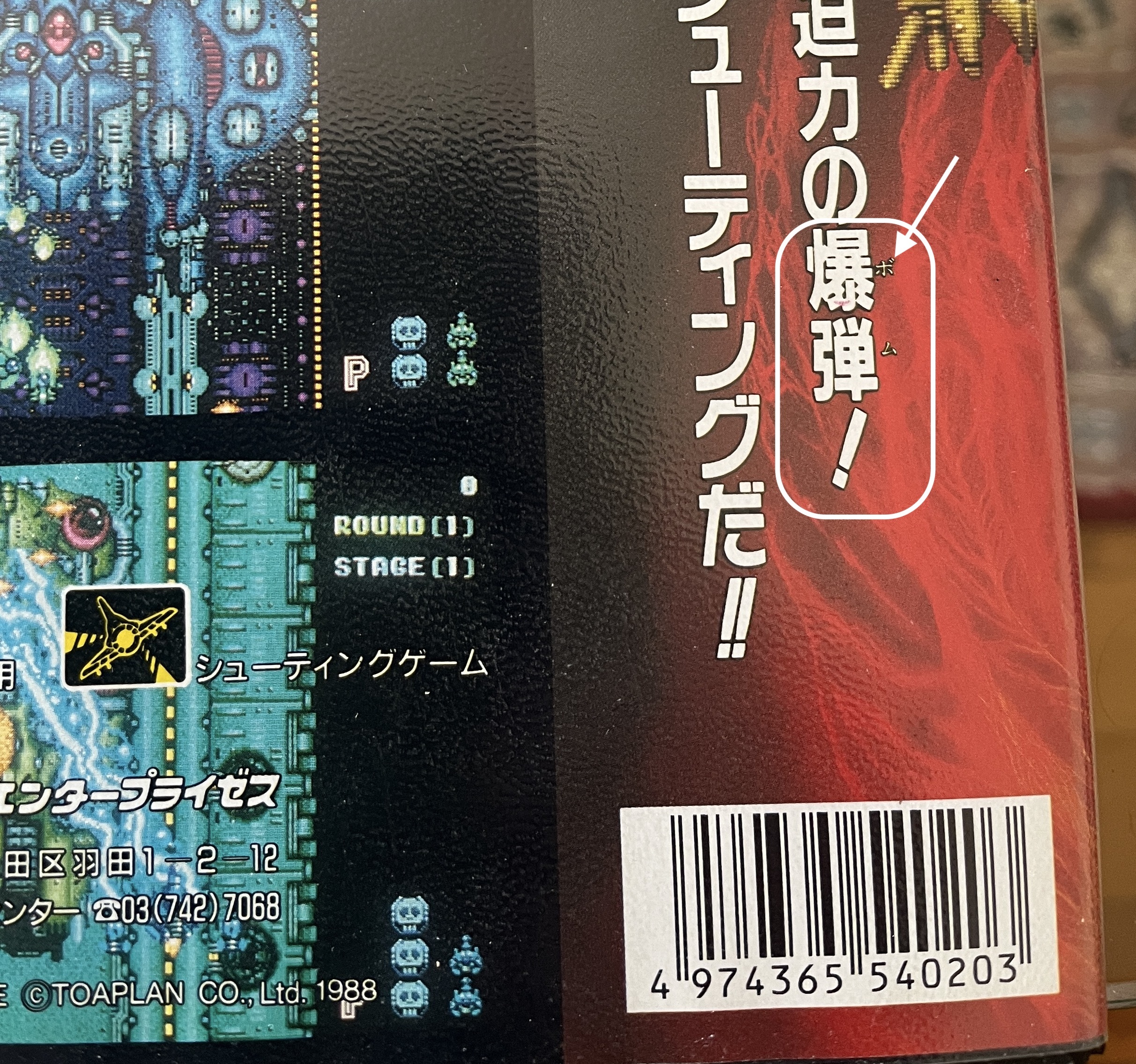Steven wrote:How about the process for getting stuff released digitally on PSN or the eshop? I don't know how that stuff works, but I wouldn't be surprised if there were some kind of fees or something and they feel that it's not financially viable because of that if they have low expected sales numbers based on the few ShotTriggers releases that do have international digital versions.
It does seem like it wouldn't be too difficult to M2 to get their ShotTriggers games released internationally in a digital form, and yet...
Not related, but I asked one of my Japanese friends who doesn't play games to read 怒首領蜂 and he said DoShuryouBachi (which is how you'd read it "normally" anyway). I told him it's DoDonPachi and his response was the typical Japanese "Eeeeeeee~?". So there you go. Japanese people, according to my totally not-scientific study with a sample size of one person, cannot read 怒首領蜂 without outside assistance.
I don't blame him, I can't find that yomikata in any dictionary. But this sort of made up reading is par for the course going back to the Toaplan days with these guys (sorry about the huge image, the furigana doesn't really stand out on my iPhone camera):
For the non-Japanese speakers, that's the back of the Japanese Mega Drive Tatsujin box. The first sentence says something like "Lazers flying about, backed up by powerful bombs!"
Except:
1. I can't actually translate that "backed up by" part properly, because 追力 is something that my computer knows how to turn into kanji if I type it as 'tsuiryoku,' but isn't a real word that shows up in any dictionary. It's a combination of the kanji for 'chase' and 'power/strength.' Powerful pursuit? Kickass followup? Chasedown chonker? I dunno, this is why I don't want to be a translator.
2. Why I actually posted this: 爆弾 is pronounced bakudan, and just means bomb. Except here the furigana (those tiny little 'subtitle' characters next to the circled word) show that they want you to read it as "bomu!!", literally the English pronunciation of the word.
So basically, inventing slangy readings of kanji for cute ad copy or product names (or even baby names!) is pretty common, and you won't get most of it unless you're a native speaker, and quite possibly not even then.
RVY wrote:I think only badass guys who are familiar with old yakuza movies would read "首領" as "Don".

I think this is the play on words I missed for the first game in the series. It crossed my mind when I was writing that initial post, but I wasn't sure at the time. I did see a passing (though unsupported) mention of it yesterday though.
For non-speakers:
Donpachi, when written in kana (the phonetic writing systems, not kanji which have fixed meanings) as どんぱち / ドンパチ does mean gunfire in old-school slang. "So Koji, you & your boys thought you'd just donpachi up the rival gang's pachinko parlor eh? Why don't we head downtown for some questions." That sort of thing.
But Cave wrote it in kanji as 首領蜂. 首領 does indeed mean boss, but like the "bomu" example above, they slapped on a foreign pronunciation, using don, as in 'mafia don.' As this was the gangsta rap 90s, this sort of thing was cool even in Japan. RVY, you mentioned 1970s yakuza movies, I'm not sure if this shows up in stuff like Jingi-Naki Tatakai (Battles Without Honor or Humanity)?
So the game title of Donpachi can be interpreted as '(mafia) Don Bee,' to mean 'boss/leader/captain bee.' And using that pronunciation also makes it sound like the word for the sound of gunfire, as in 'de ting go skkrrraa!!(bee.)"
For the sequel, when they added "angry" pronounced as 'do' to the title, it moved it from the sound of a gun - 'donpachi!' - to the sound of an explosion or boom - 'dodon!'(bee).





